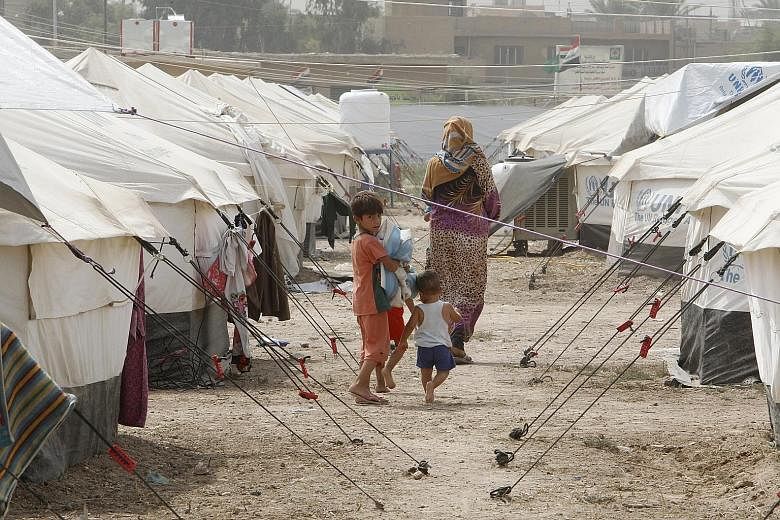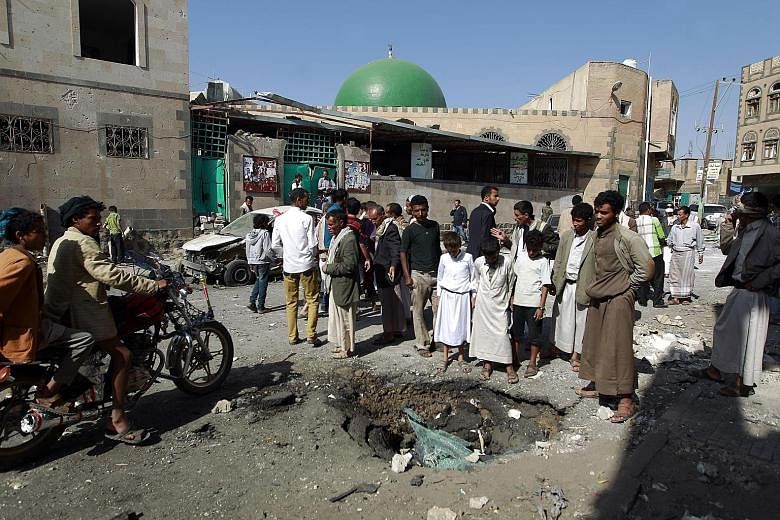The group's establishment of a caliphate, or Islamic state, in June last year with territory under its control in Iraq and Syria means that it has achieved a status no other terrorist organisation has managed: something akin to nationhood.
This declaration of statehood received global media coverage and caught the imagination of other extremist groups worldwide - including in South-east Asia - many of which have since pledged their support to ISIS and helped spread its propaganda.
But unlike the approach of its predecessor Al-Qaeda, ISIS' propaganda does not consist solely of spotlighting Western oppression of Muslims and exhortations to retaliate violently against the West.
Instead, ISIS has been able to put forward a persuasive alternate history that twists Islamic tenets to attempt to legitimise its caliphate - albeit one that calls for the deaths of non-believers and even Muslims of certain schools - to attract "true" Muslims to the region to build a new, utopian Islamic society.
Such a story has proved irresistible to vulnerable groups, such as youth in transition, or those who feel society has failed or alienated them, anthropologist and terror expert Scott Atran tells Insight.
"(The caliphate) represents a very real and powerful attractor for the disaffected across the Muslim world and, indeed, potentially across the entire world," he says.
"It is the only systemic, countercultural global movement that is growing across the world. It is real, it is here, and it represents in the minds of tens of millions a history and destiny denied."
Coupled with the group's savvy understanding of social media, ISIS has been able to reach out to a far wider audience with a much more seductive message than Al-Qaeda ever did.
From beheadings to the burning alive of a Jordanian pilot, ISIS' media division Al-Hayat Media has put out a string of videos interspersed with religious chants that attract new fighters with a narrative of battlefield success and vengeance.
It also has an online magazine called Dabiq in multiple languages, from Indonesian to Russian.
Attempts by larger platforms like Facebook and Twitter to clamp down on ISIS-related accounts have not reduced its reach, with the group and its sympathisers moving to file-sharing websites and sites that allow anonymous content publishing.
Anyone around the world who is curious about ISIS ideology can easily find a substantial digital library of material online, whatever the medium or language, says Mr Remy Mahzam, an associate research fellow at the International Centre for Political Violence and Terrorism Research.
"ISIS' attempt to digitise its own identity by providing a comprehensive multimedia resource online reflects a far-sighted strategy to increase its digital metabolism, in an effort to boost viewership, following and ultimately, support," he writes.
"Any counter-messaging initiative will prove ineffectual if this electronic compendium of resources is allowed to grow and eventually build a digital heritage for future generations to access."



